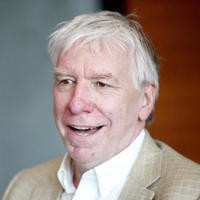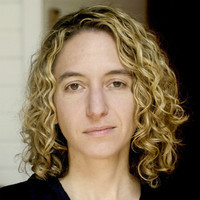
The Longform Guide to High School
From football fields in Texas to the real Ridgemont High, a collection of picks to help remember a time you might rather forget.
Friday Night Lights
On the start of the high school football season in Odessa, Texas. An adaptation published alongside the release of Bissinger’s 1990 book of the same name, which led to the movie and the show.
Buzz Bissinger Sports Illustrated Sep 1990 25min
What Really Happened to Phoebe Prince?
Her suicide made headlines around the world after classmates were indicted on felony charges related to bullying, but the real story wasn’t that simple.
Emily Bazelon Slate Jul 2010 15min
Fast Times at Ridgemont High
At age 22, the author went undercover at his old high school. An excerpt of the book that became the film.
Cameron Crowe Playboy Sep 1981 15min
My Favorite Teacher
Mr. Lindwall was the only high school teacher who understood him. Then Mr. Lindwall went to jail, and it was his turn to try to understand.
Robert Kurson Esquire Mar 2000
The Unbearable Awkwardness of Being
Sixteen years after graduating, an alumnus heads back to his old stomping grounds in Cleveland.
Devin Friedman GQ Nov 2006 30min
The Killer Cadets
How two love-struck, type-A high school students almost got away with murder.
Skip Hollandsworth Texas Monthly Dec 1996 40min
The Wiz
Navigating life as a brilliant teenage girl.
David Finkel Washington Post Jun 1993 30min
Forever Young
The profile of a 34-year-old woman named Charity Johnson who tricked people all over the country into believing she was still in high school.
Katie J.M. Baker Buzzfeed Sep 2014 20min
The Accident
An essay on a fatal car crash in the author’s youth.
Michael Paterniti GQ Mar 2015 30min
High School Is a Sadistic Institution
The science behind why high school sucks.
Jennifer Senior New York Jan 2013 15min
Sep 1981 – Mar 2015 Permalink




